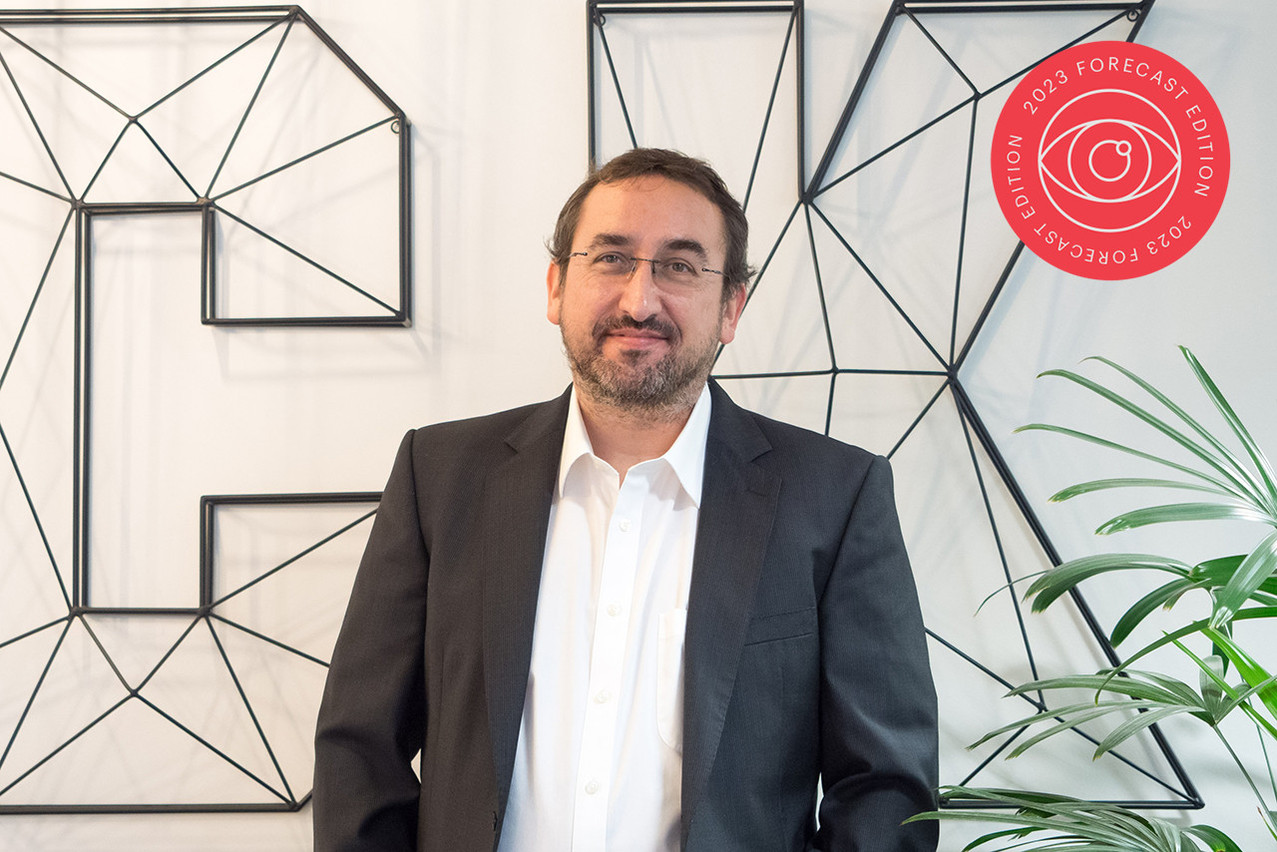In 2023, we anticipate that cyberattacks will be on the rise again. These will be very broad--they will impact any company, in any sector, that doesn’t have the proper security tools and measures in place.
When we see companies get hit by such attacks, they often get locked out and are unable to access their data and their systems. If they don’t have contingency plans that have been tested and validated, then essentially, they cannot work anymore.
An example is the recent cyberattack on Cobolux. It’s a meat processing factory that doesn’t handle any special data. But they were still unable to produce anything during the entire weekend. Without a backup plan, you can’t work.
That being said, we’ll also see targeted attacks on the rise. These will impact utilities, such as electrical transformers or the water supply, and companies that rely heavily on automation, like factories.
Vulnerabilities in infrastructure, rise in teleworking
Utility infrastructures are becoming more and more of a target--they’re extremely vulnerable because they’re very difficult to maintain, upgrade and patch. Most systems are between 5, 10, or 15 years old. Although they work, they’re not up to date, which makes their code vulnerable and easily targeted by attackers.
There’s no magical solution to this issue. Most of these networks were created without the thought of ever connecting them to the internet--they weren’t designed to be addressed from outside. Now though, if you have just one computer connected to a 4G network or the internet, these systems can be targeted by an attacker. You need to invest, upgrade and implement security measures.
In addition, another trend we’re seeing relates to the increase in teleworking due to the pandemic. Using a VPN to work from home has now become more common, so more and more companies are investing in technologies like ZTNA--Zero Trust Network Access--that give just-in-time access to servers or applications from a user computer without any interaction for the user. This is key to enable secure access to services inside companies.
Cloud computing
On the topic of cloud computing, my gut feeling is that we’ll see more and more smaller companies going to the cloud because it makes sense for them. For small companies, the cloud is really interesting because you can get a level of professionalism in your infrastructure that you can’t get on site without making huge investments.
But for bigger companies, what I see is that they’re getting out of the cloud--they’re investing again in local infrastructure and are working on re-insourcing their data.
Challenges and upcoming developments
Major challenges, apart from the rise in cyberattacks, are related to recruitment. The skills shortage is a reality. The job market in Luxembourg is not as attractive as it was because of the limitations on telework by cross-border workers.
Employees who live in Belgium, France or Germany and work for a company in Luxembourg have limits imposed on the number of days that they can telework, which is not the case for those living in the grand duchy. A person living in France, for example, could just apply for a job in Paris, then telework 100% from Metz--they don’t have to go to the office anymore.
But in fact, the challenge goes beyond recruitment. There aren’t enough people who are coming out of university with cybersecurity degrees and attracting them to Luxembourg is difficult--the salary isn’t really a differentiator anymore.
I’m very much looking forward to what the market will say with the new European NIS directive, which covers the security of network and information systems. This will really highlight the necessity of IT security.
